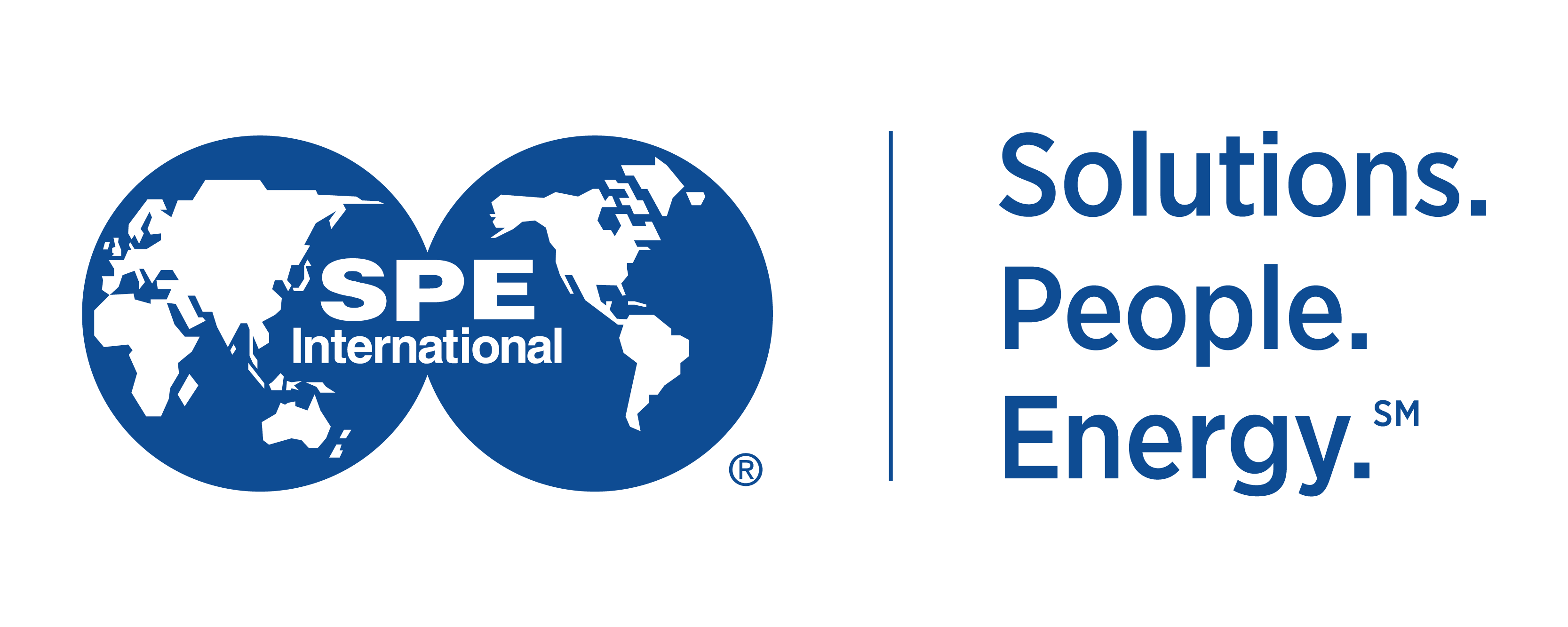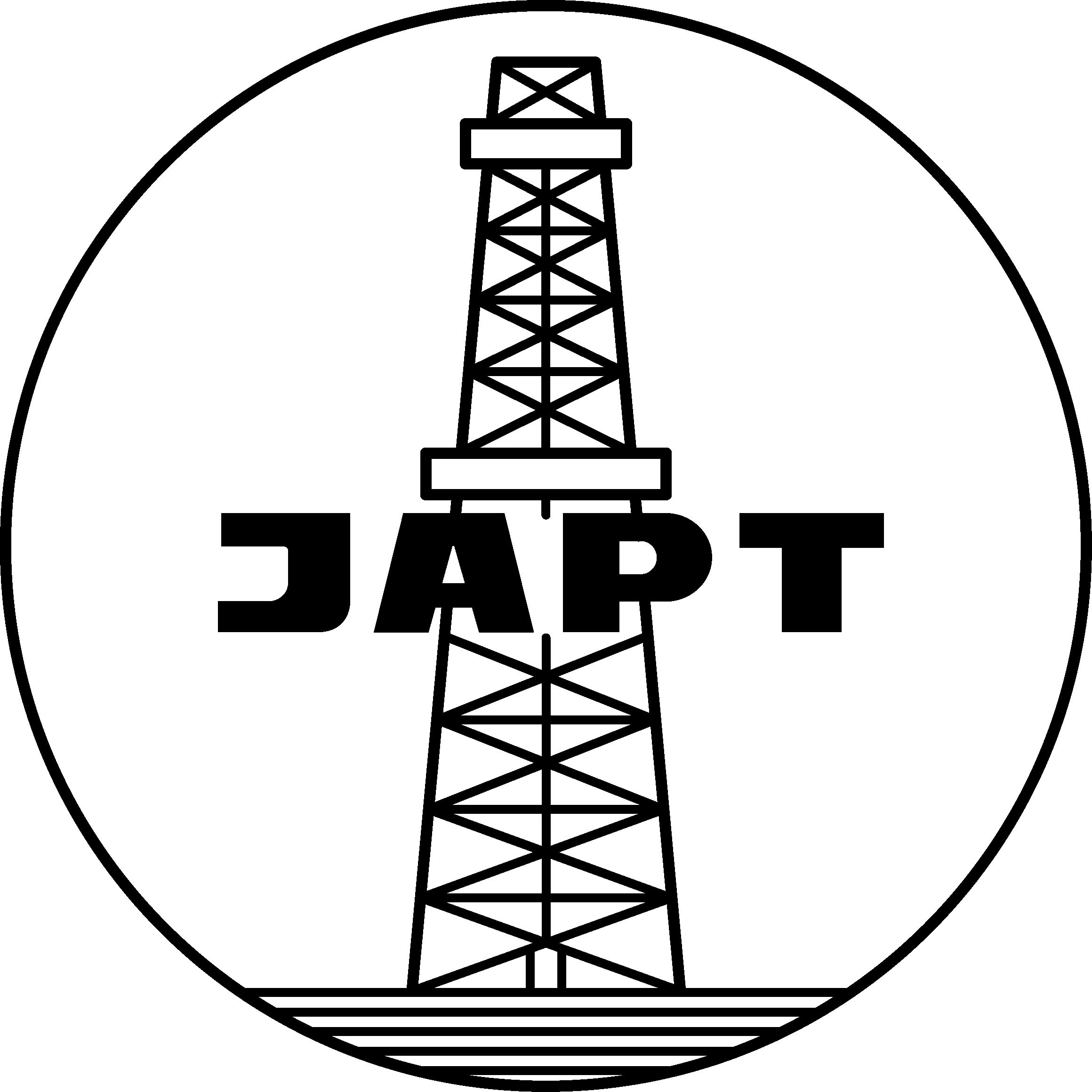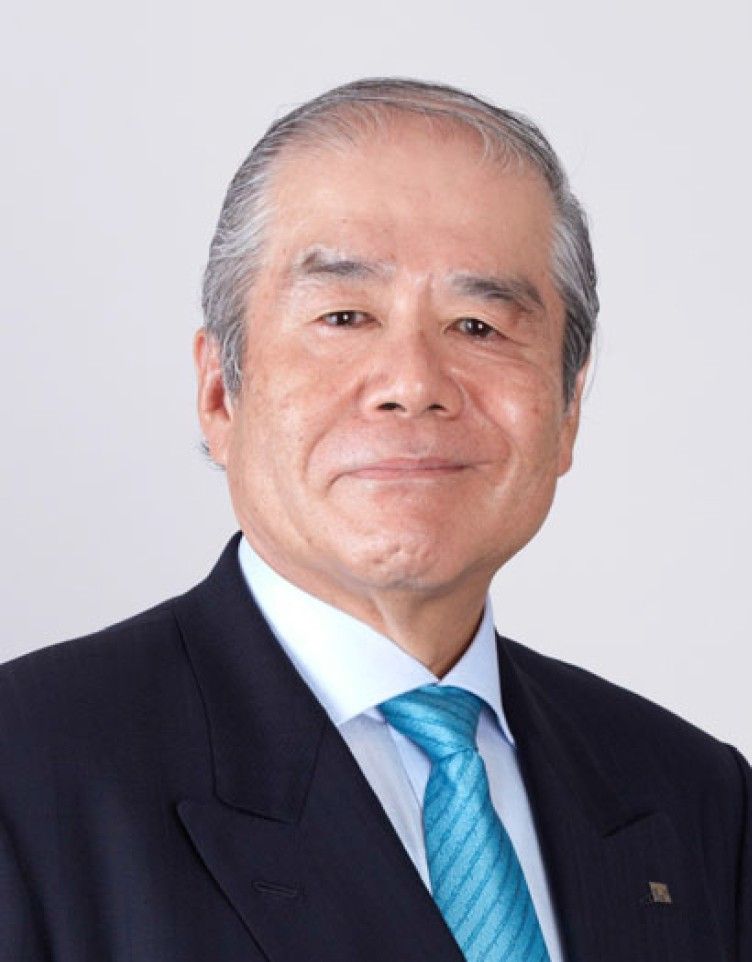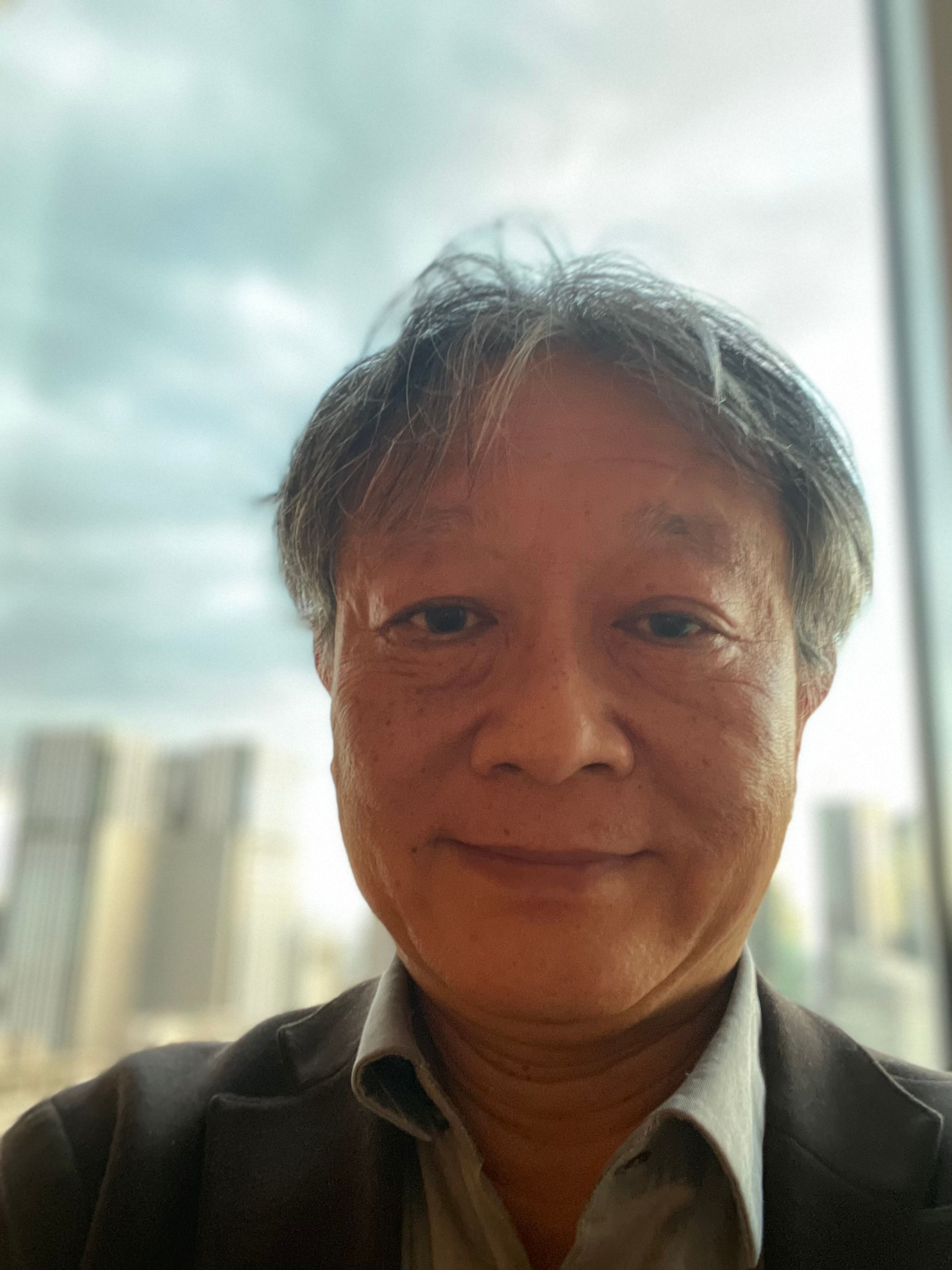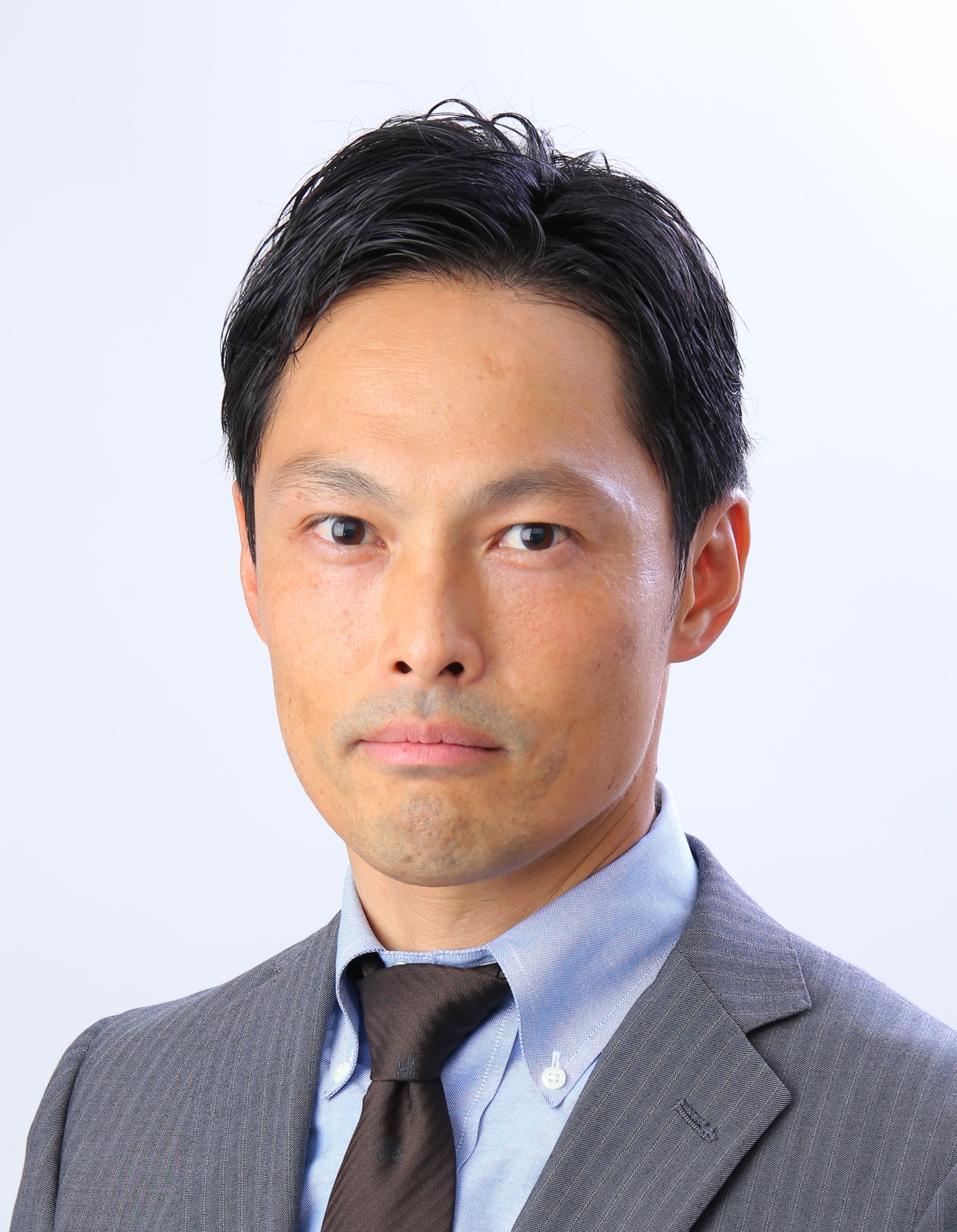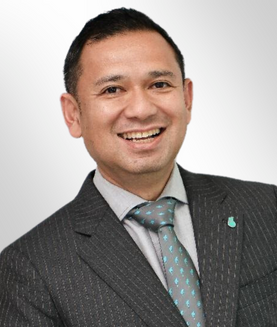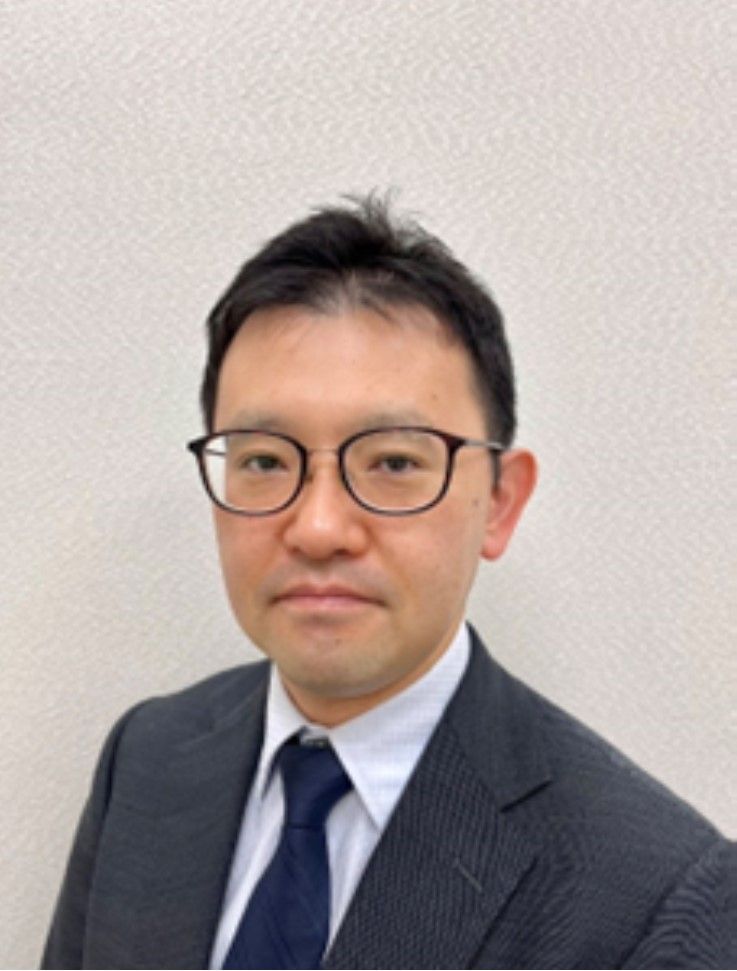-
Kaede, B1F45 mins
-
Kaede, B1F5 mins
-
Kaede, B1F100 mins
- Welcome Remarks and Keynote Address
-
Kiri, B1F30 mins
-
Kaede, B1F100 mins
- Technical Session
Session Managers: Sho Hirose, JAPEX, Mohamad Zaini Md Noor, PETRONAS
Carbon storage is a crucial technology for mitigating global warming. According to the IEA, by 2050, the annual capacity for carbon capture and storage (CCS) needed to achieve the 2-degree scenario is expected to be about 7 Gt, nearly 30 times larger than current capacity. There is a significant gap between current and required CCS capacities. This technical session will focus on advanced technologies and innovative ideas that can accelerate the development of CO2 storage capacity.
The session will cover a range of topics, including:
- Evaluation of CO2 storage capacity and injectivity
- Risk assessment of faults, caprock, and wells
- New technologies to increase CO2 storage capacity
- Best practices and new technologies for monitoring
- New technologies and methodologies to unlock potential CO2 storage sites
Discussion Leaders:
- Unlocking Saline Aquifers : Innovative Solutions to Data Challenges for CO2 storage by Farhana Jaafar Azuddin, Staff Researcher (R&D Geology), PETRONAS Research Sdn. Bhd.
-
CO₂ Storage Capacity Assessment and Selection of Depleted Oil and Gas Fields for Carbon Sequestration: A Case Study by Ikram Rahim, Managing Director APAC, Ad Terra
-
Temperature-Dependent Effects of CO₂ Injection States on Reservoir Properties Using a Field-Scale Coupled Flow-Geomechanics-Geochemistry Simulator by Miki Mura, Ph.D. Candidate, Petroleum Engineering, The University of Texas at Austin
-
Study of Ultrafine Bubble (UFB) Technology to Enhance CO2 Geological Sequestration by Supersaturated Sarbonated Water by Ryo Ueda, Specialist (Reservoir Management), Japan Petroleum Exploration Co., Ltd (JAPEX)
-
Leveraging Learnings from Northern Lights and the Wider Value Chain by Jonathan Minnitt, Vice President Business Development, Aker Solutions
-
The Terrace, The Westin Tokyo, 1F80 mins
-
Kaede, B1F60 mins
- Technical Session
Session Managers: Feng Gui, Baker Hughes; Tomohiro Kakiuchi, MITSUI & CO; Grace Stephani Titaley, PT Pertamina Hulu Energi
CO2 utilisation technologies, such as CO2 Enhanced Oil Recovery (EOR), the conversion of CO2 into chemicals, mineral carbonation, and the direct use of CO2, represent a critical focus area for low-carbon solutions. However, these technologies face several challenges, including economic, commercial and technical. Additionally, geographical and regulatory issues may affect implementation to certain countries. For instance, CO2 EOR has been a proven technology used in the industry for over three decades; however, it is not recognised as an effective utilisation method in some regions. Furthermore, certain carbon conversion techniques remain classified as having an immature technical readiness level, with some processes generating additional CO2 during plant operations.
This session will highlight best practices and new technologies aimed at overcoming these challenges, featuring case studies with a particular focus on unique initiatives from the Asia-Pacific region.
Discussion Leaders:
- IRHPOC: New Instrumentation and Method For CO2-driven EOR Study by Jerry Yeoh, Manager, PES Enterprise Australia Pty Ltd
- Investigation of CO2 Storage Potential in the Pores of Reservoir at Different Injection Conditions: A Pore-scale CFD Simulation Perspective by Amit Kumar, Assistant Professor, Rajiv Gandhi Institute of Petroleum Technology
- Optimising CO2-EOR Through Advanced Inter Well Injection Strategies in Sukowati Field by Mochamad Razi, Geoscientist, Pertamina EP Cepu
-
Kiri, B1F30 mins
-
Kiri, B1F30 mins
- Knowledge Sharing ePoster Session
Discussion Leader:
- GHG Emission Reduction by Converting Venting System To Flaring At Central Processing Platform (CPP) by Dzulkarnain Bin Muhamad, Senior Project Engineer, ENEOS Xplora Malaysia Limited
-
Kaede, B1F90 mins
- Technical Session
Session Managers: Yosuke Sano, INPEX; Kikuko Shinchi, Mitsubishi Research Institute, Inc.; Stephen Stokes, Wood Plc
Components in the CO2 chain may include facilities for point source CO2 capture, liquefaction, and injection and storage; however, the primary focus will be on facilities for inland and sea transportation, including export and import terminals (with storage tanks) and CO2 tankers.
Cross-border CO2 transport is essential for establishing a global CCS value chain and must adhere to international and bilateral agreements. Considerations include international treaties such as the UN Convention on the Law of the Sea and the London Convention and Protocol, which govern the disposal of CO2 in oceans. Additionally, international guidelines for accounting for CO2 in CCS activities, including cross-border transport, such as the IPCC Guidelines for National Greenhouse Gas Inventories, require careful consideration to ensure accurate reporting and compliance. Insights from examples of cross-border CO2 transport arrangements in European countries and initial discussions underway in the Asian region will be included.
This session will explore both technical and regulatory issues related to CO2 transportation, particularly regarding the cross-national transfer of CO2 by ships. It will provide a comprehensive review of all components in the CO2 supply chain, starting from point source CO2 emissions (such as those from power plants, steel manufacturing, and chemical plants) to sequestration and CO2 utilisation sites. Key areas of focus will include the current status of technology maturity, progress of demonstration projects, and the identification of challenges affecting both technical and commercial feasibility. The session will facilitate discussions on alternative or complementary transportation options, such as pipelines, roads, and rail.
Discussion Leaders:
- Regional CCS Enabler? - Direct Injection of CO2 from Vessels into Offshore Reservoirs by Stephen Stokes, Energy Transition Manager, Global Head of CO2 transport and Storage, Wood Plc
- KNCC’s view on marine transportation of Liquified CO2 by Tomoki Inoue, Technical Manager, Knutsen NYK Carbon Carriers AS
- Development of Australia’s National Action List for Offshore CCS by Andrew Ross, Principal Senior Research Scientist and Group Leader, CSIRO
- Legal framework regarding Cross Border CCS by Hiroyasu Konno, Partners, Nishimura & Asahi (Gaikokuho Kyodo Jigyo)
-
Kiri, B1F60 mins
- Knowledge Sharing ePoster Session
Discussion Leaders:
- A Novel Protocol to Predict Asphaltene Deposition Risk in CO2-Enhanced Oil Recovery Using Hansen Solubility Parameters with Digital Oil by Yunshi Huang, Ph.D. Student, University of Tokyo’s Tsuji Lab
-
Kiri, B1F120 mins
-
Kaede, B1F80 mins
- Technical Session
Session Managers: Kazuaki Miyata, JOGMEC; Fumitoshi Sato, ENEOS Xplora Inc.; Mohamad Zaini Md Noor, PETRONAS
While every industry is diligently working towards achieving a carbon-neutral world, it is widely acknowledged that our reliance on fossil fuels will persist for the foreseeable future, given the factors of energy accessibility, availability, and affordability. Therefore, it is crucial to reduce the carbon intensity of daily operations involving fossil fuels as part of our energy transition.
This session will showcase how various companies are actively reducing their carbon footprint, using real-world examples from field operations and demonstration projects such as CCS retrofits, electrification initiatives, zero-flare policies, and methane management strategies. Our goal is to provide the audience with valuable insights into decarbonising business operations, empowering participants to act confidently and contribute to the realisation of a net-zero society.
Discussion Leaders:
- Decarbonising Indonesia’s Upstream: Zero Routine Flaring Initiative by Hanto Yananto, Senior Expert Production & Operation and Awan Pinosofa, Senior Manager of Production Operation of PT. Pertamina Hulu Energi
- Overcoming Challenges in GHG Emission Reduction for Mature Oil/Gas Fields, Offshore Vietnam by Shimeno Aoi, HSSE Dept, ENEOS Xplora.Inc.
- Methane Emission Management for Reduction of Carbon Intensity of Natural Gas/LNG by Kenji Kawabata, Technical Sales Manager, JGC Corporation
- Novel Technology Solutions for CO2 Capture in hard-to-abate Post-Combustion Operations by Khairul Rostani, Staff Researcher, PETRONAS Research Sdn. Bhd.
-
Kiri, B1F30 mins
-
Kaede, B1F100 mins
- Technical Session
Session Managers: Takashi Akai, JOGMEC; Nobuaki Ebisaka, Kansai Electric Power; Sean Imai, Computer Modelling Group Ltd
Emerging clean hydrogen and ammonia value chains present a significant opportunity to accelerate the transition to a sustainable energy future. As the world increasingly seeks to reduce carbon emissions, these value chains are becoming vital in facilitating the adoption of low-carbon energy sources. This session will showcase a variety of case studies that highlight the development of clean hydrogen and ammonia value chains across different regions.
- Composed of different producer and consumer countries
- Employing different types of technologies (blue or green Hydrogen)
- Employing different types of carriers for transport
The session will discuss the challenges and best practices associated with different types of new value chains from a technology and business environment perspective. Knowledge sharing from the drivers of the new value chain will provide participants with pragmatic recommendations.
Discussion Leaders:
- ENEOS's Strategic Approach to Hydrogen Society by Yoshinori Negishi, Group Manager of Hydrogen Supply Chain Planning Group, ENEOS Corporation
- Establishment of a Liquid Hydrogen Supply Chain by Nobuaki Ebisaka, General Manager, Hydrogen Business Strategy Division, Kansai Electric Power
- Creating Global Ammonia Supply Chain from Abu Dhabi by Koji Amano, General Manager, Hydrogen Market, Mitsui & Co., Ltd.
- Unlocking the Decarbonisation Potential of Hydrogen by Kon Wai Seng, Commercial and Business Development, Asia Pacific, ExxonMobil Asia Pacific Pte Ltd
- Practical Design and Commercial Requirements for a Underground Hydrogen Storage Facility by Basker Murugappan, Principal Production Technology and Completions, Taqa Inc
-
The Terrace, The Westin Tokyo, 1F90 mins
-
Kaede, B1F60 mins
- Technical Session
Session Managers: Fumito Hashimoto, Marubeni Corporation; Shigeru Muraki, Clean Fuel Ammonia Association
The characteristics of hydrogen carriers such as ammonia, liquefied hydrogen, and methylcyclohexane (MCH) will be explored, focusing on their distinct properties, toxicity, energy efficiency, technical readiness, and other relevant factors influencing their diverse applications. Each carrier's anticipated uses will be highlighted, including thermal power plants, industrial furnaces, transportation fuels, and chemical feedstocks.
This session will examine critical hydrogen and ammonia production technologies essential for decarbonisation efforts. Discussions will encompass steam methane reforming, auto-thermal reforming, flue gas capture, and hydrogen recycling.
Discussion Leaders:
- International Hydrogen Supply Chain Project by Takashi Yoshiyama, Senior Manager, Development & Demonstration Department, Kawasaki Heavy Industries, Ltd.
- Clean Ammonia Production and Ammonia Cracking Technology and Activities by Mototaka Kai, Team Leader, JGC Corporation
- Recent Advances of Ammonia Combustion Technology by Tatsuya Yamashita, Research Engineer, IHI Corporation
-
Kiri, B1F30 mins
-
Kaede, B1F90 mins
- Technical Session
Session Managers: Satoru Otatsume, ENEOS Corporation; Hiroshi Tanaka, Idemitsu
Fischer-Tropsch and methanol-to-X processes are established methods for producing synthetic fuels from CO2 and its derivatives. However, these processes require technical advancements and pragmatic political frameworks to integrate these solutions into existing energy infrastructure. Additionally, the higher costs associated with synthetic fuels compared to fossil fuels limit recognition of their environmental benefits. To promote synthetic fuels, it is essential to address both technical and commercial challenges while considering the entire supply chain.
The session will discuss environmental benefits, economic feasibility, and associated challenges, providing an in-depth examination of synthetic fuels as promising frontiers in the quest for a carbon-neutral economy.
Discussion Leaders:
- Synthetic Fuel Production and Refining Process for Carbon Neutral Society Realization by Kazuaki Hayasaka, General Manager, Sustainable Technology Center, Central Technical Research Laboratory, ENEOS Corporation
- Development of a Synthetic Fuel Supply Chain Starting from e-Methanol by Kensuke Kobayashi, Manager, Idemitsu Kosan
- Development of a Synthetic Fuel Value Chain from a Shipping Perspective by Azusa Nakajima, General Manager, Next-Generation Energy Development Team, Carbon Solution Development Unit, Mitsui O.S.K. Lines, Ltd.
- Synergy between CN-Fuel and Multi-Pathway Solution toward Carbon Neutrality by Satoshi Kobayakawa, Toyota Motor Corporation
-
Kaede, B1F30 mins
